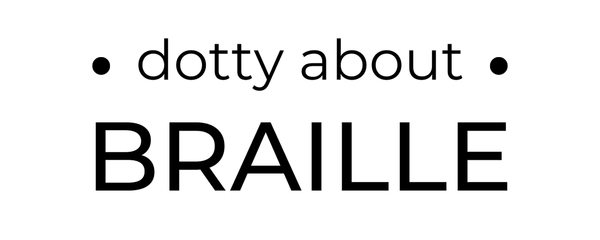As a disabled entrepreneur, navigating the world of business finance has always felt unnecessarily difficult. I never thought the options available were made for people like me. The process was overwhelming, and having a chronic illness adds another layer of uncertainty. When your health can change month to month, committing to rigid business loans just doesn’t feel realistic.
That’s why the launch of the Disability Finance Code for Entrepreneurship (DFCE) is such an important step forward. Developed by the Department for Business and Trade alongside UK Finance, the British Business Bank, and The Lilac Review, this code is designed to remove some of the barriers that disabled entrepreneurs face when trying to grow their businesses.
What the DFCE Does
The DFCE aims to create a fairer financial landscape by asking banks and lenders to:
- Design inclusively: Making sure that products and services work for everyone, including disabled people.
- Offer tailored support: Providing practical help like mentoring, finance education, and accessible business planning.
- Improve representation: Showcasing success stories of disabled entrepreneurs and increasing visibility of disabled people within financial institutions.
At the moment, 25% of UK small business owners are disabled, but their businesses only contribute 8.6% of overall turnover. This isn’t because disabled entrepreneurs aren’t capable—it’s because we don’t always have the same opportunities or access to support. The DFCE is a chance to change that and could unlock £230 billion in economic growth for the UK.
Why This Matters to Me
For me, this isn’t just a box-ticking exercise; it’s something that could make a real difference and I know everybody involves is really passionate about this and really keen to move forward and make these important and much needed changes.
When I first started my business, the thought of trying to secure finance was intimidating, nothing was aimed at somebody like me, somebody who's condition fluctuates, it didn't feel like there was much flexibility and so I just funded the business myself with savings and an interest free credit card but because of this, it means I can't compete directly with my competitors because I simply can't afford the expensive equipment needed. I am going to have to seek finance at some point so I'm pleased that the DFCE has been launched.
(I did receive a small amount of funding from the Access to Work scheme as well.)
The DFCE acknowledges those challenges and pushes for change. Banks like NatWest, Barclays, HSBC UK, and Lloyds Banking Group have already committed to this initiative, which gives me hope that future disabled entrepreneurs will face fewer obstacles. It’s reassuring to see the financial sector starting to take accessibility seriously.
Get Involved
If you’re a disabled entrepreneur or just want to support a more inclusive approach to business, take a look at the Disability Finance Code. Share your thoughts, get involved, and help shape a system that works for everyone.
For more details, check out:
- The Lilac Review: LinkedIn | X | Facebook | Instagram
- UK Finance: LinkedIn | X
- British Business Bank: LinkedIn | X
- NatWest: LinkedIn | X
- Lloyds Banking Group: LinkedIn
- HSBC UK: LinkedIn | Facebook | Instagram
- Barclays: LinkedIn
This is about more than finance—it’s about building a system that supports all entrepreneurs equally. Let’s keep moving forward.
----
Enter The Lilac Review Survey for Disabled Entrepreneurs and you could win £250!
